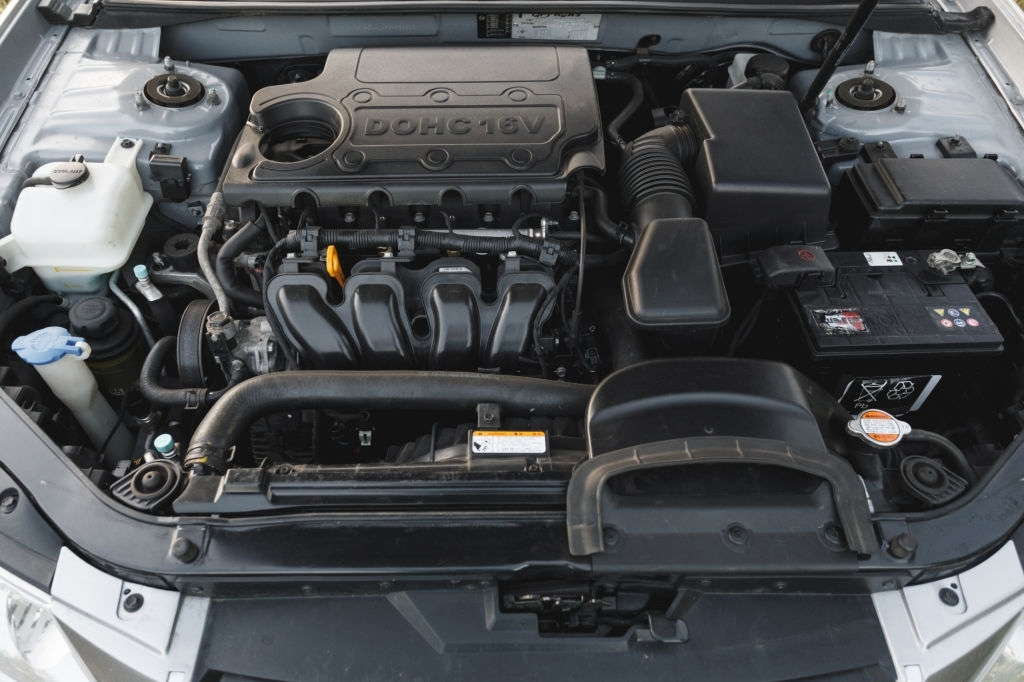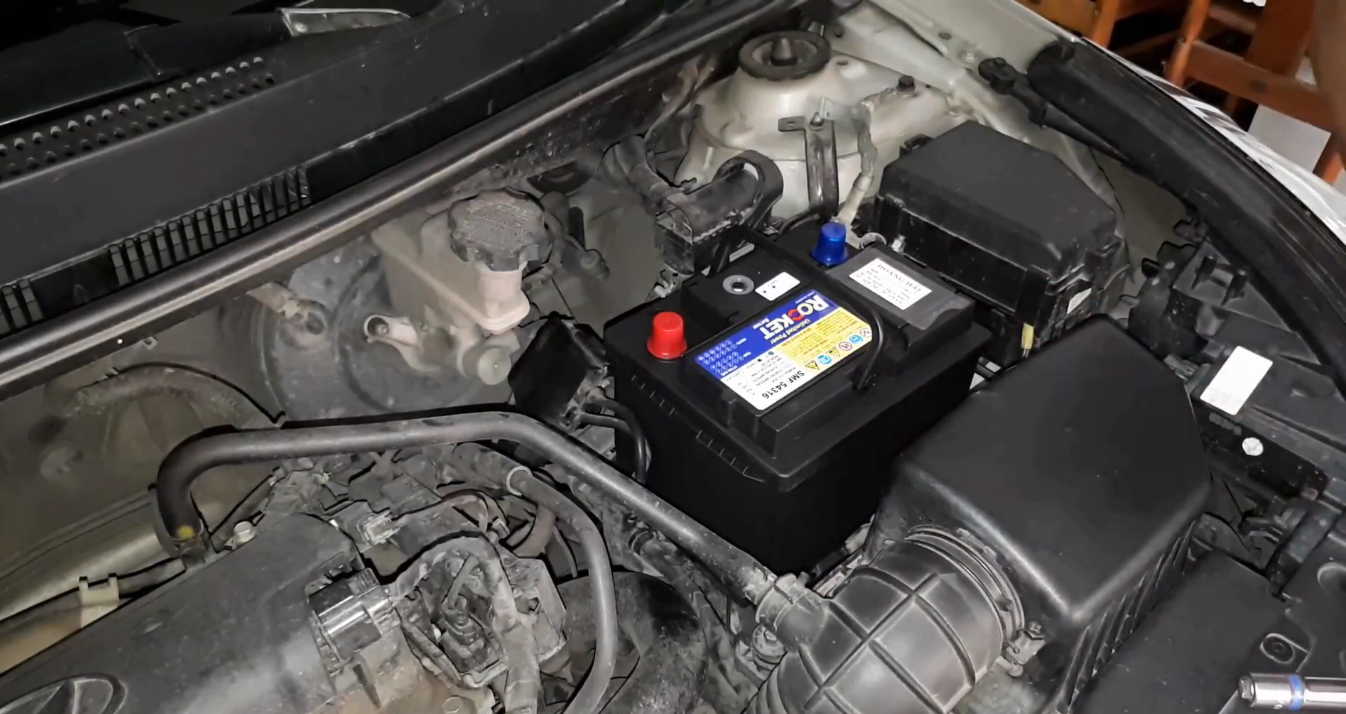A Hyundai battery discharging due to external electrical devices can be a frustrating situation.
After all, you may be getting ready to start your vehicle, only to discover that the battery has already discharged. If this is the case, what should you do?
We cover the different reasons behind the battery discharging and what can be done about it.

Hyundai Battery Discharging Due To External Electrical Devices
It usually shows an error when you start your engine on a cold morning. Or perhaps, you turned the engine off, yet the ignition stayed on. When you , for instance, listen to the radio for about ten minutes or so after you have the engine shut down, a warning may appear showing that your battery is discharging.
In another situation, it may occur when your battery is unable to maintain a desired voltage level in some conditions. If you have your engine running, the battery tends to discharge more quickly than getting it to charge.
Hence, it could be due to a worn out drive slip, a poor ground connection, excessive current requirement by your electrical devices, or a damaged alternator.
Battery Discharge Due To An External Electrical Device

It is usually normal for the battery discharging warning to show up if you have the engine turned off, yet the ignition stays on for more than ten minutes. Chargers, along with other types of electrical consumers that remain plugged into the power outlet, tend to discharge your battery quickly. Thus, the notification appears.
This is why if you have these components on while you have the engine off, you will quickly notice the battery discharging warning. What this means is that you are being advised to start your engine. Otherwise, the battery ends up losing its charge and dying. And yes – even new cars may experience this situation.
With this in mind, you need to start your engine right away. This will then allow your alternator to immediately recharge your battery. But if the ignition is on, this will cause the battery to discharge and will prevent you from starting the car unless you jump start it.
Other Issues With Battery Discharging
Another instance where you may notice a battery discharge is when you are driving. This may also occur while you have an idle engine. In this case, you simply need to address an issue with the alternator. It may mean that the alternator fails to generate ample electricity to supply power to electronic consumers and the engine. Hence, you will have to get it replaced.
Another situation is with the voltage regulator. This component is on the back of your alternator, and you may end up needing to replace the entire alternator if you cannot only replace the voltage regulator.
Read More: Is Hyundai Warranty Transferable To Second Owner?
Tips To Consider
When you have a battery that fails to hold a charge or is unable to charge quickly, it is possible for it to become discharged sooner than later. You need to check if your battery is still good to go using a battery tester. It runs a load test on your battery to determine if it is capable of holding a charge.
Oftentimes, your GPS module may lead to a fast discharge rate for your battery. This is why it is worth resetting the GPS module. You can do this by removing your GPS fuse for a minute or so. This should reset the system.
It is also possible that a weak belt or a worn out serpentine belt may cause this battery discharging issue while you drive.
If the problem is with a ground connection not being good enough, then you can do a few troubleshooting techniques. You may want to check the battery terminals to make sure the ground connection between the frame and engine is fine.
Another troubleshooting technique you can do is to test the battery. Make sure that it charges properly and can hold a charge.
Then, conduct a charging system test. When you turn the lights and air conditioner on, you should see the multimeter registering a voltage reading of 13.5 up to 14.3. However, if you don’t see these voltage numbers, then you will have to replace the alternator.
On the other hand, if you notice the desirable voltage level, yet the battery continues to discharge, it is possible that your battery simply cannot hold a charge. Thus, you may have to see if there is a parasitic current draw, which you can do by running a complete system scan through your Hyundai scanner.
Your battery probably needs replacing. Leaving your headlight switch in AUTO will cause this, especially if your battery is OEM.
I replaced my battery with one from Costco Canada that has a 5 year ( prorated )/ 100,000 km warranty vs. Hyundai 2 year/ 40,000 km warranty. It was almost half the price quoted!